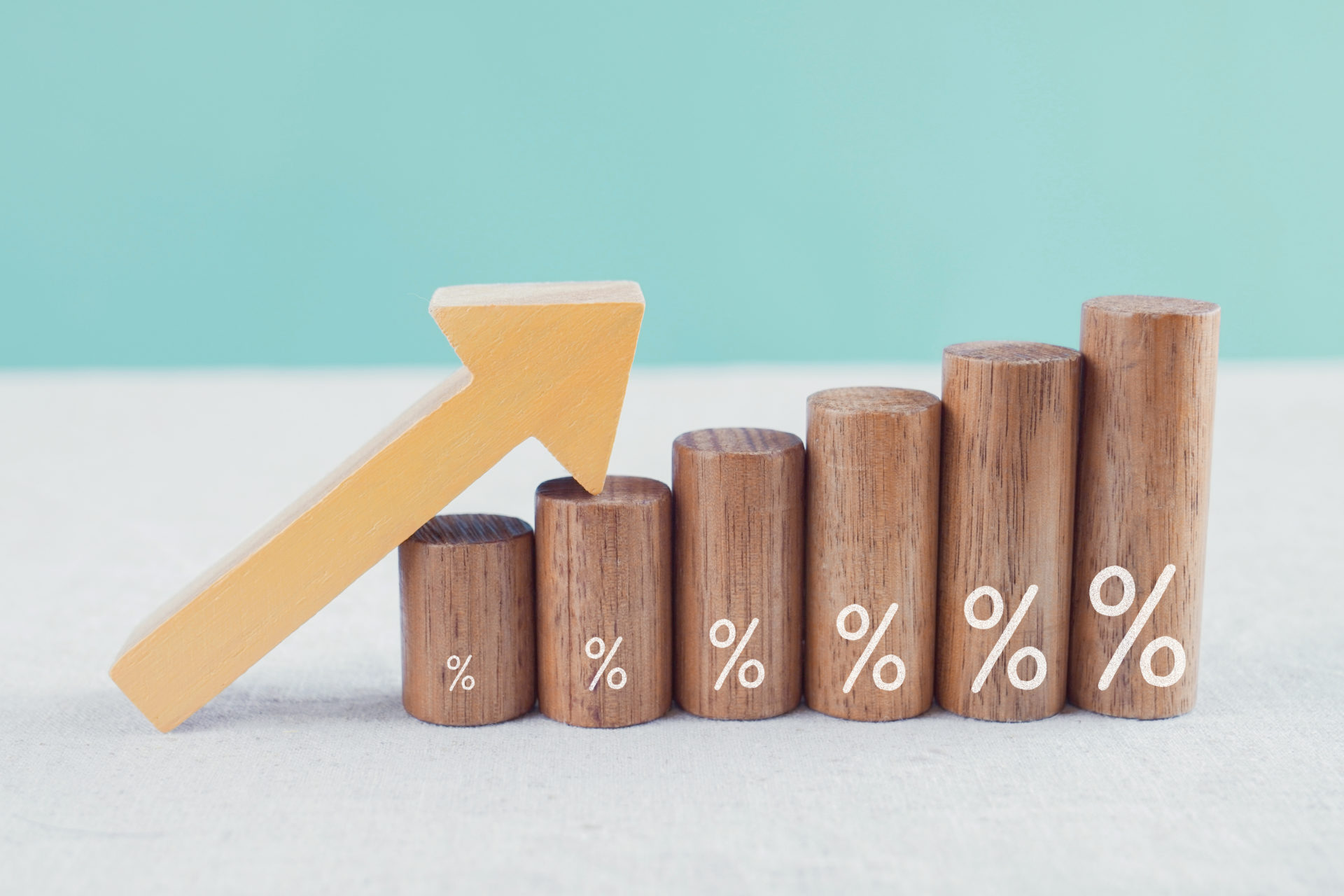
Posted: August 2, 2022 | By: LendVer Staff –
The central bank announced the second consecutive 75 basis point increase of its benchmark interest rate after the meeting of its Federal Open Market Committee (FOMC) this past Wednesday. The two back-to-back 75 basis point rate increases are the most aggressive ever enacted. Jerome Powell, chair of the Federal Reserve commented on future rate increases, “…it likely will become appropriate to slow the pace of increases while we assess how our cumulative policy adjustments are affecting the economy and inflation.”
Prior monetary policy aimed at stimulating the economy in the face of recession concerns and most recently, the COVID-19 pandemic, resulted in historically low interest rates. Inflation fears, supply chain disruptions, and Russia’s ongoing invasion of Ukraine underscore the Federal Reserve’s motivation behind the recent rate hikes. Until market pressures subside, many experts anticipate that rate increases will continue for the foreseeable future.
What This Means for You…
Many indexes to which consumer and business loan rates are tied, like the Wall Street Journal (WSJ) Prime Rate, correlate to the central bank’s benchmark rate. With this most recent rate increase of 75 basis points announced today, the WSJ Prime Rate has increased from 4.75% to 5.50%.
Loan Rates Will Increase
SBA 7(a) financing is a popular loan program for small business owners and offers low interest rates for commercial real estate loans, debt consolidation, working capital, and funds for other common business needs. However, interest rates for SBA 7(a) financing usually adjust quarterly to the current WSJ Prime Rate plus 2.25% to 2.75%. Borrowers with adjustable SBA 7(a) financing, or those considering obtaining it, should know that their interest rate may increase over time. Although SBA 7(a) loan rates are on the rise, they are still historically low as the WSJ Prime Rate was as high as 9% even in the early 2000s. Benefits like high-LTV financing up to 90% of a property’s value, access to working capital, and a flexible use of proceeds are still strong enough compensating factors to consider SBA 7(a) financing for your current business expansion needs.
Fixed-Rate Financing Will Become Popular
Business owners seeking long-term fixed-rate financing will likely gravitate to lenders that offer SBA 504 financing which is a commercial real estate and heavy equipment financing program offering low rates (currently in the 5.00% range) fixed for up to 25-years. Residential and commercial property investors, and business owners seeking streamlined, light documentation financing can also access affordable 30-year fixed-rate financing.
Conclusion
Although there appears to be no clear end to the Federal Reserve’s rate hikes, it’s important to keep in mind that this is being done to curb historically high inflation which is much worse. Additionally, there are many indications that improving economic times may be ahead.
Interested in accessing SBA 7(a), SBA 504, or 30-year fixed investment residential or commercial real estate financing? Contact our recommended best commercial real estate lender South End Capital.
